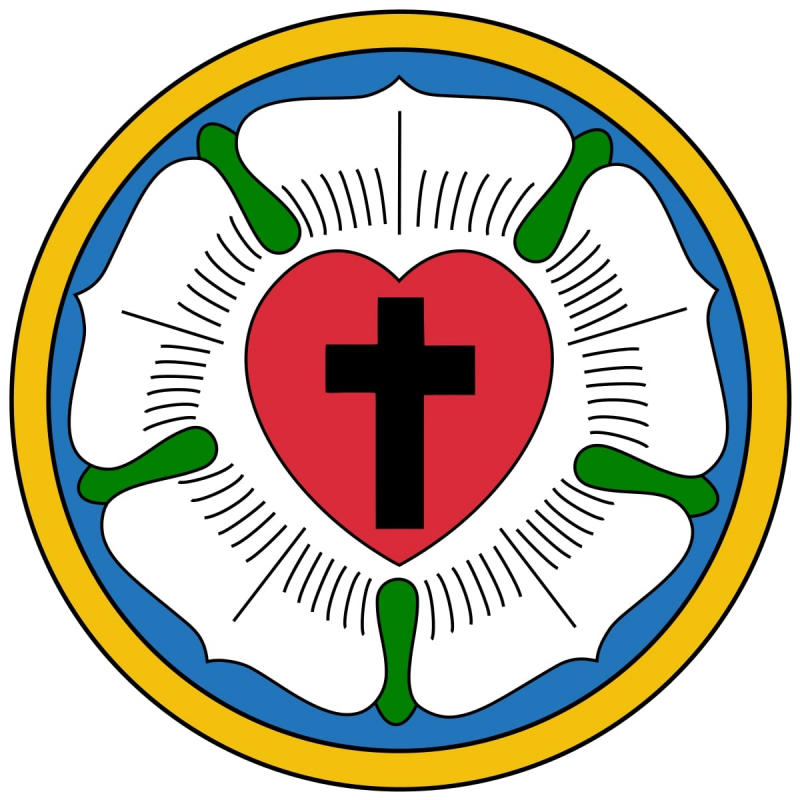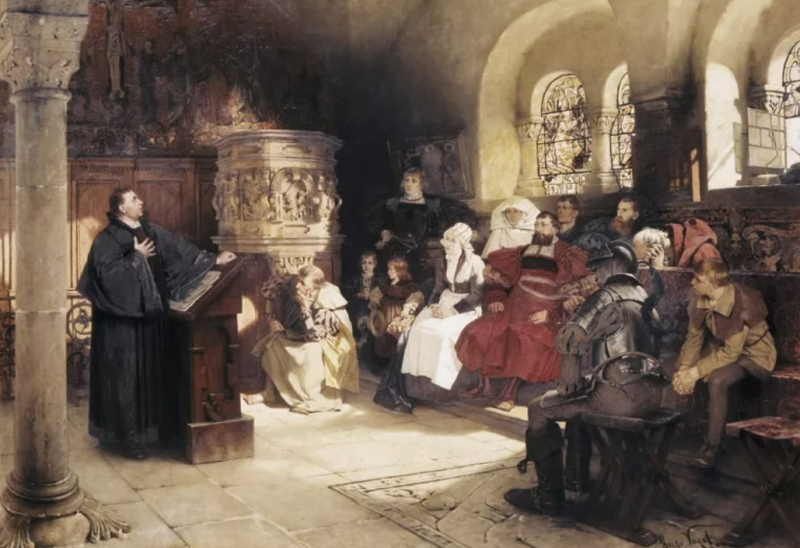Martin Luther was the father of the Lutheran faith
When Luther's theses were translated from Latin into German by his friends in 1518, they spread quickly throughout Germany. With the help of the newly invented printing press, they had reached France, England, and Italy by 1519, during which time the term "Lutheranism" was first used.
Initially created by his opponents as a disparaging term for what they considered heresy, Lutheranism became established as the name for the world's first true Protestant theology during the course of the 16th century.
Luther did not like the term and preferred to call his philosophy Evangelism, from the Greek word for "good news," but when different branches of Protestantism emerged, it became more vital to specify precisely to which faith one committed.
Lutheranism still preserves many of the pre-Reformation Western Church's liturgical traditions and sacramental beliefs, with a special emphasis on the Eucharist, or Lord's Supper, however, Eastern Lutheranism employs the Byzantine Rite. Lutheran theology varies from Reformed theology in terms of Christology, divine grace, the purpose of God's Law, the concept of perseverance of the saints, and predestination.
During the Reformation, Lutheranism gained the state religion of many northern European countries, particularly northern Germany, Scandinavia, and the then-Livonian Order. Lutheranism is still one of the largest Protestant denominations today.












